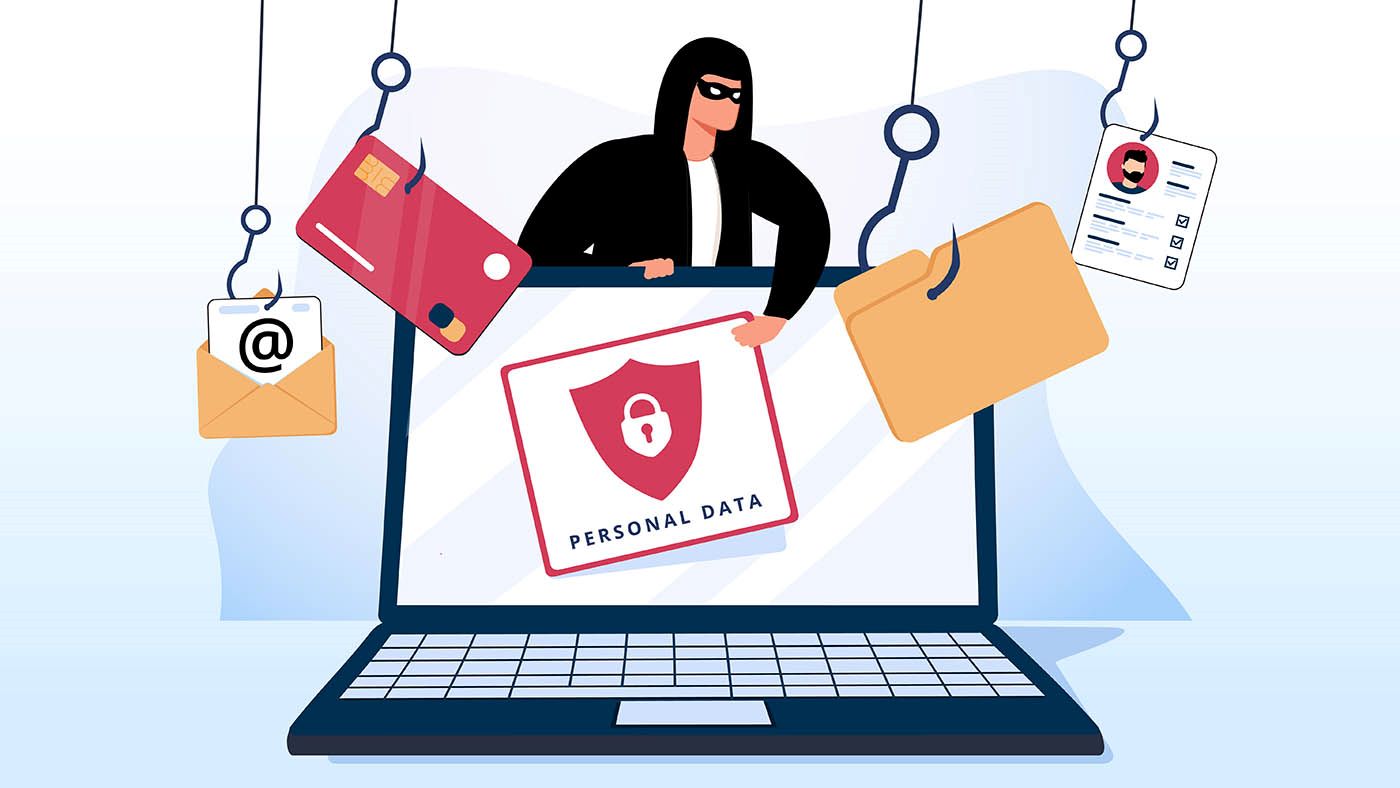You might think donating to a charity online is a safe and secure way to support a cause you believe in, but you might be more at risk for a phishing scam than you think. Scammers will stop at nothing to get your personal financial information and will even go as far as impersonating charities that tug on the heartstrings to get you to input your credit card information.
Beware of scammers every day
And at this time of year particularly, be vigilant of scammers looking to take advantage of those looking to honor victims and families impacted by the September 11 attacks.
When donating to any charity online, on the phone, or by mail, remember to be on your guard for bad actors who might be impersonating a charity in one of the following ways:
- Scammers might email you asking for donations through a website they have set up to look like a legitimate charity;
- You might receive a phone call where a scammer claims to represent a charity requesting donations;
- You might see an account promoting content on social media that looks like a charity;
- You might receive a flyer in the mail asking for a donation to charity.
If you have any doubts about a charity, you can use the following tips to make sure it is legitimate:
- Charities must have a tax-ID number they can provide on request;
- They should not ask for donations exclusively by wire transfer, cash, or gift cards;
- They must be registered with the IRS, which means their information can be found on the IRS online database.
Research by using a service like Charity Watch or the BBB Wise Giving Alliance.
If you have fallen victim to a scam, you can report it to the FTC. When donating to survivor funds or honoring the victims in other ways, the best practice is to be cautious and do your research.
Topics in this story
Link Disclaimer
This page includes links to other websites outside our control and jurisdiction. VA is not responsible for the privacy practices or the content of non-VA Web sites. We encourage you to review the privacy policy or terms and conditions of those sites to fully understand what information is collected and how it is used.
More Stories
Hear from VA Deputy Chief Information Security Officers as they give insights on what the Veteran community should know about online safety—including tips to keep your family and loved ones safe online.
Summer Sports Clinic is a rehabilitative and educational sporting event for eligible Veterans with a range of disabilities.
Report examines the input of over 7,000 women Veterans: They are happier with VA health care than ever before.






